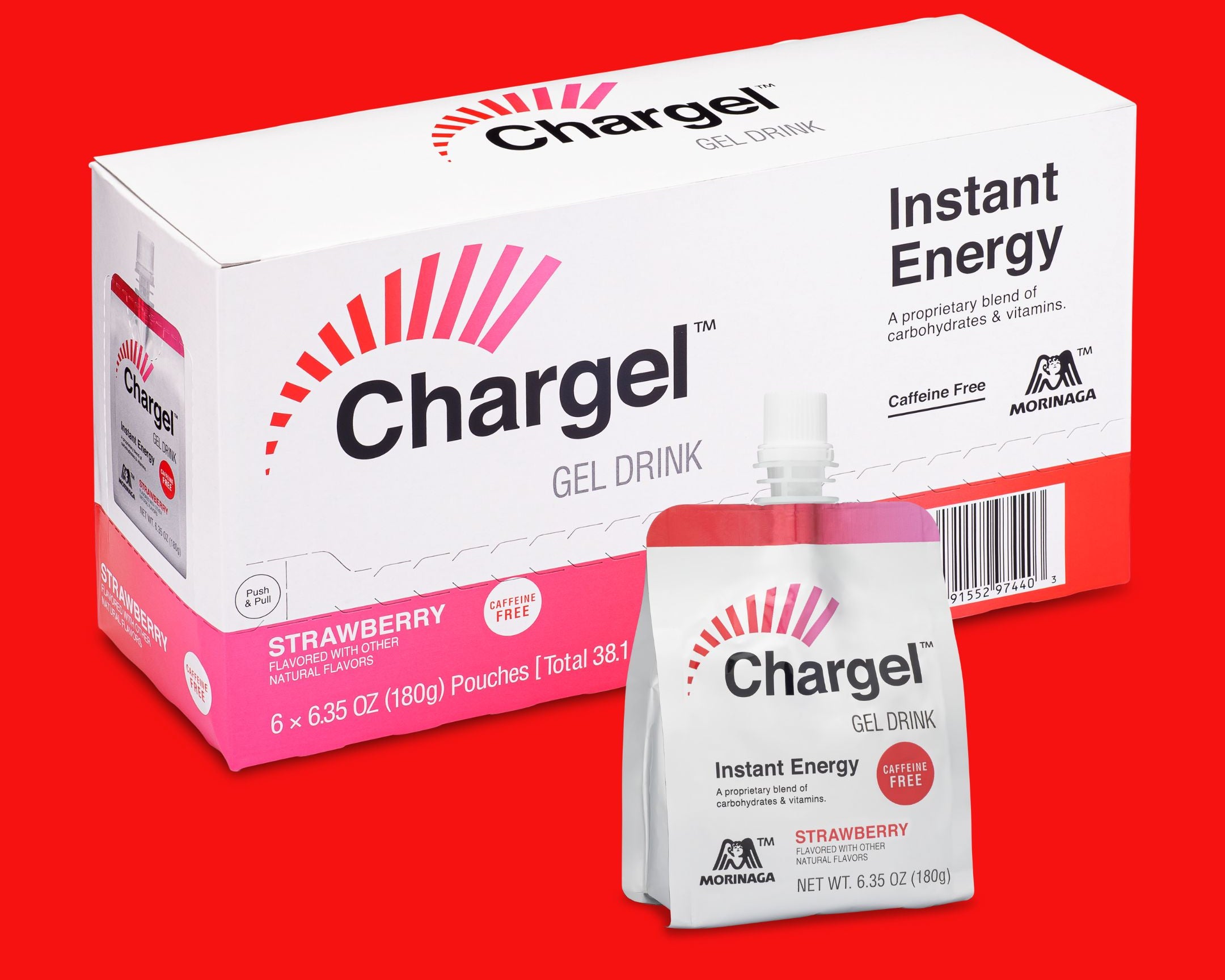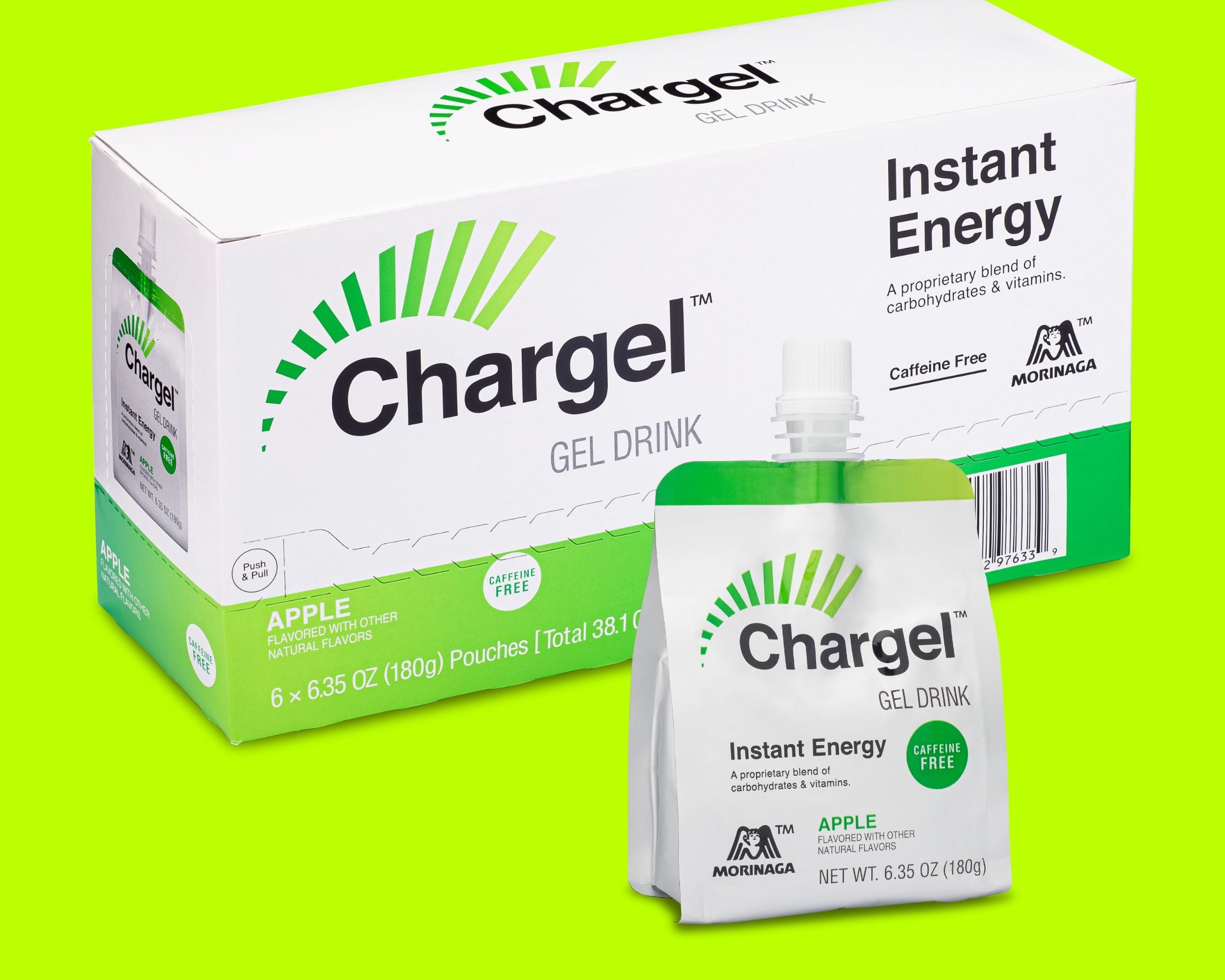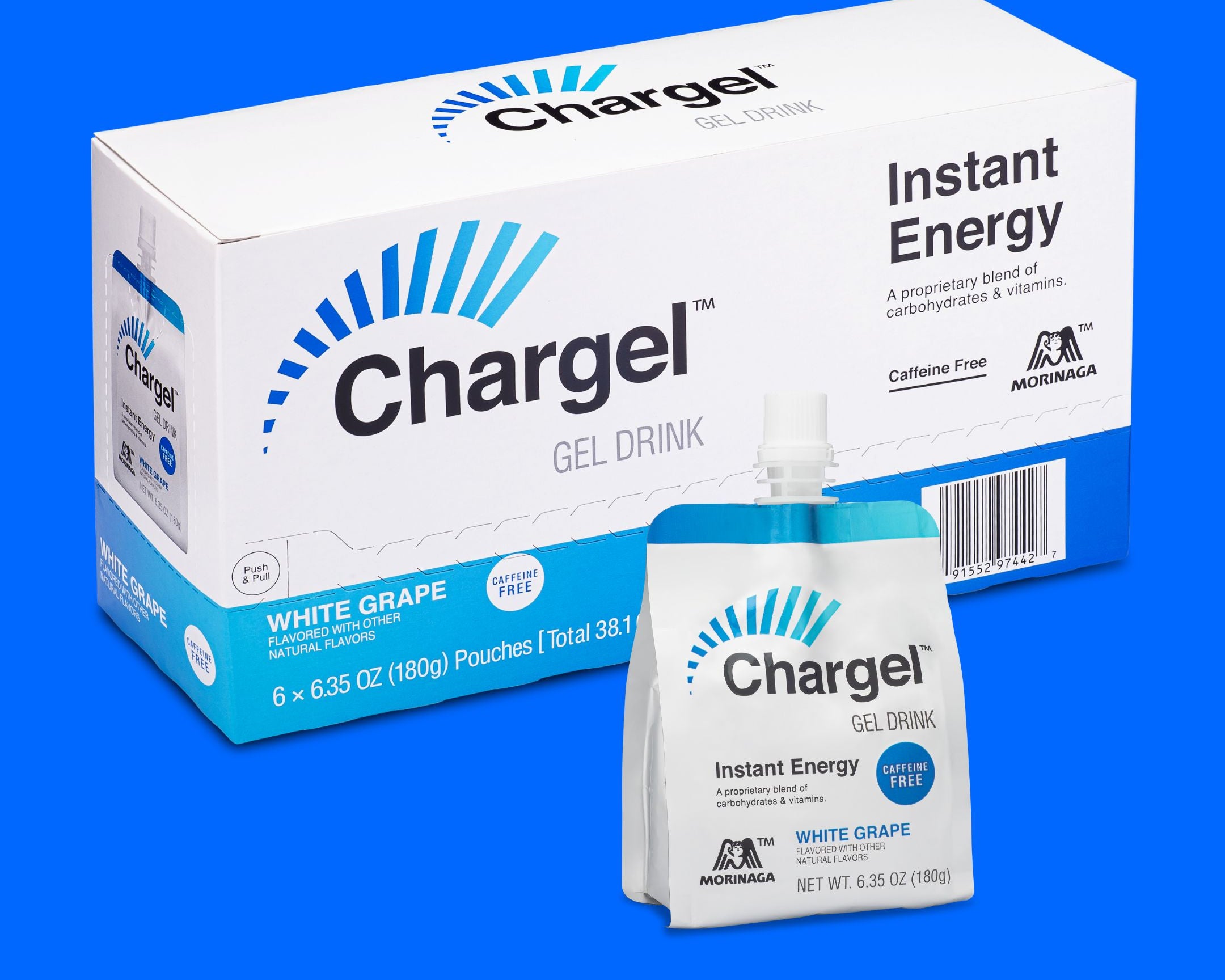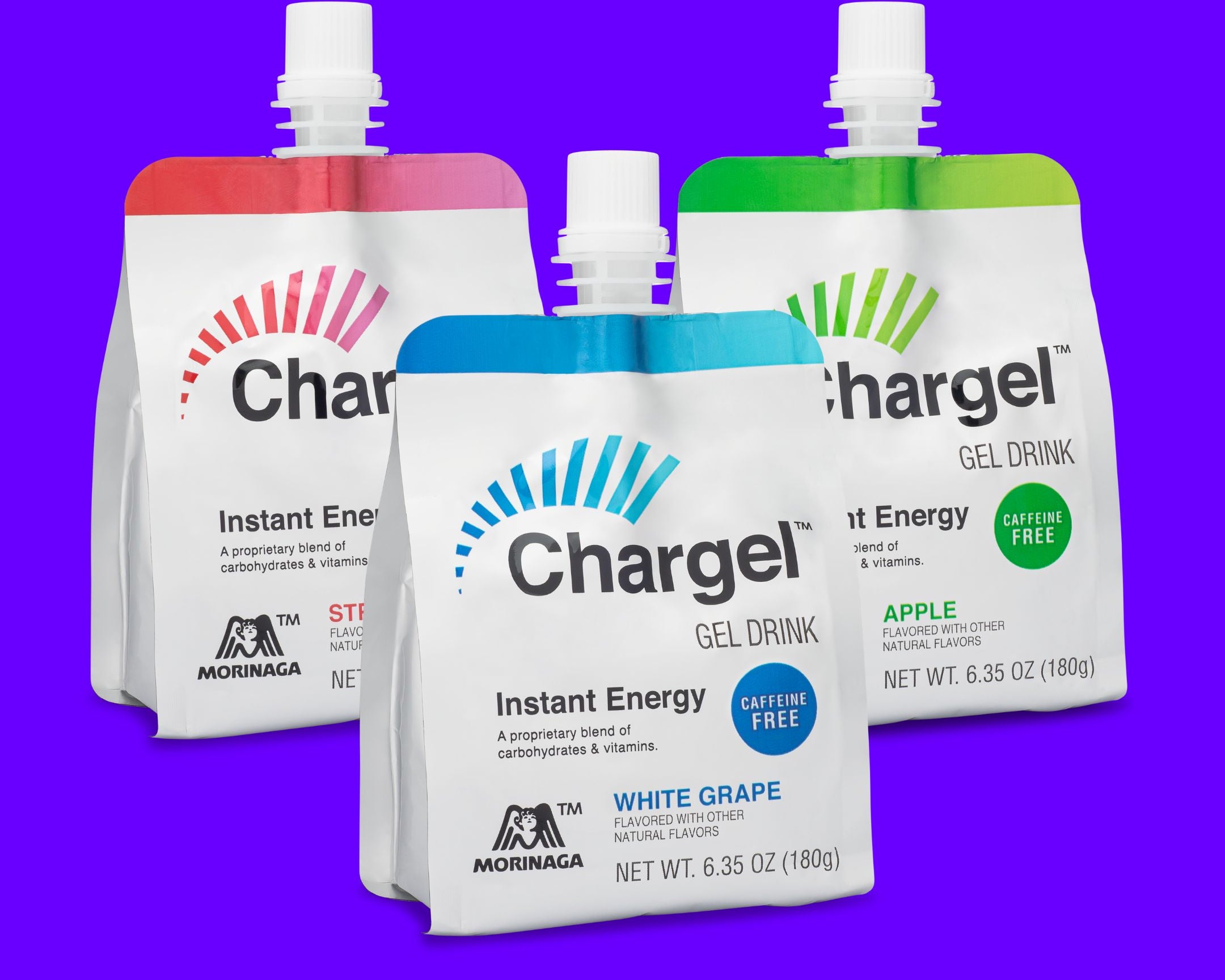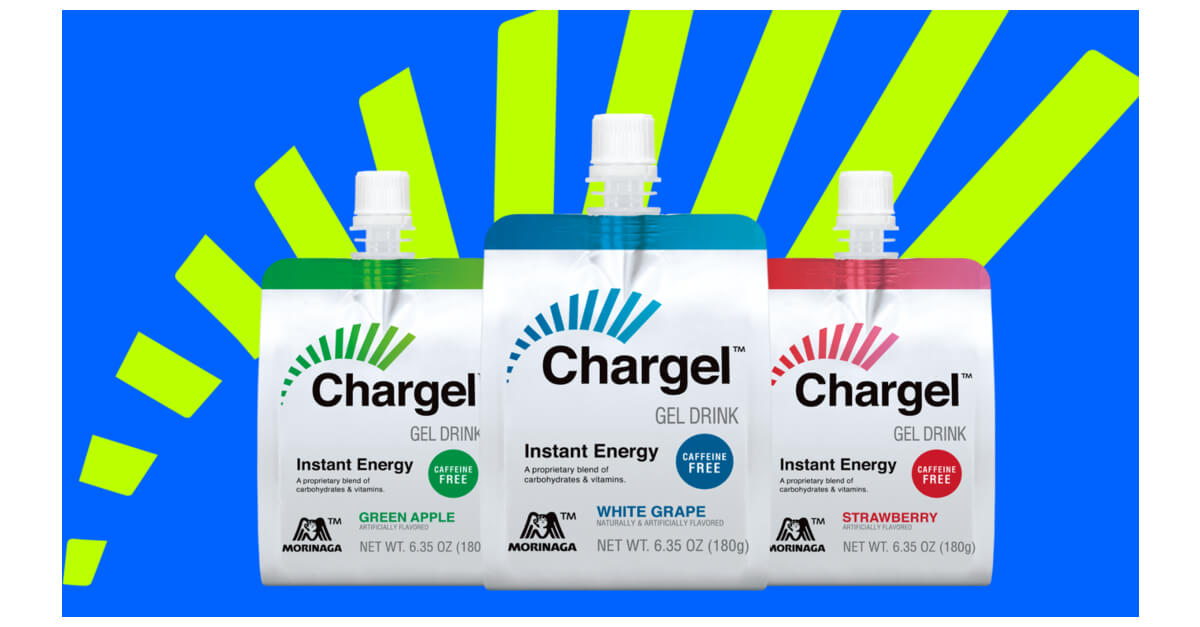
Author Profile: Derek Lipton
Derek Lipton MS RD CSSD CSCC Registered Dietitian, Sports Dietitian, and Strength Coach
Derek is a Sports Dietitian and Strength Coach with several years of experience working with elite athletes all over the world. Prior to starting his own business in 2018, Derek worked with top level Division 1 athletes at both University of Georgia and Duke University, where he gained invaluable experience and education to help athletes perform their best.
Derek uses a balanced approach to nutrition, avoiding fad diets and making sure all foods fit. He believes the best diet plan is the one that incorporates the foods you currently eat, and focusing on portion sizes and filling in the gaps. There is no one-size-fits-all approach, and Derek believes that applying individualization along with specific science creates the most optimal results.
Tailoring Nutrition for Different Athletic Demands
Nutrition needs vary quite a bit based on sport. For starters, each sport has different sized athletes — but on top of that, the energy demands change based on the stop-and-go nature of a sport like football or basketball, compared to more continuous action like soccer or running.
Nutrition needs also change for in-season vs. off-season athletes. During the off-season, an athlete’s goals shift toward improving body composition and workouts in preparation for the next season. On the other hand, the variability in sport-specific nutrition needs is more evident during the season, as the focus now shifts to fueling for competition, reducing injury risk, and optimizing recovery.
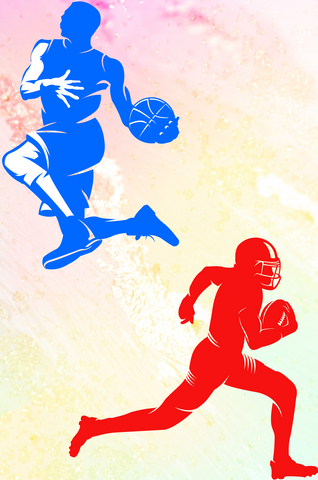
Basketball, for example, is a high-intensity interval sport. It requires a lot of sprinting, quick movements, and explosiveness over a short period of time. As a result, these athletes require A LOT of carbs to get through an entire game – with some players needing up to 7-8 g/kg of carbs per day!
Football is very similar to basketball in that it requires quick, powerful bursts of action — with the primary difference being more rest between plays, as well as only being on the field for half the game. This allows for more refueling and hydration opportunities, as they can spread it out during each break, rather than needing to refuel all at once.
Regardless of sport, it’s important for athletes to get in a quality pre-game meal 3-4 hours beforehand. This should be your standard meal – such as chicken, rice, and a vegetable; or a sandwich w/ pretzels and fruit. The biggest tip is to stick with easy-to-digest foods that you are used to eating. Always try different meals and snacks throughout the week first so that you know which works best for you on game day!
Where many athletes fall short, though, is on in-game fueling! As mentioned above, athletes are using A LOT of carbs during competition. Failing to replace these carbs on the bench and during halftime will leave you with very little energy in the tank toward the end of the game — and this is where games are won and lost!
It is highly recommended that athletes consume 45-60 grams of carbs every hour during competition. Common choices include bananas, granola bars, gummies, or Chargel – which provides carbs and B vitamins to help deliver instant AND lasting energy throughout the remainder of the game.

On the other hand, sports like golf and baseball tend to be longer and slower-paced, with more frequent breaks. Carbs are still important for these athletes, but their main focus should be getting overall calories and protein in – such as a PB&J, trail mix, or protein bars.
For golf, I always recommend 3 main snacks during the round. The first one should be after hole 4 or 5 – something like a granola bar or trail mix to hold you over. Then a “mini meal” as you go around the turn, such as a PB&J or turkey sandwich. Finally, another snack after hole 13 or 14, similar to the first one. Re-fueling on the course like this will significantly improve your energy, strength, and focus to help you drop a few strokes off your score.
Baseball and softball are unique in that energy demands vary a lot by position. Field players should aim to get at least one snack in around the 3rd or 4th inning, such as a protein bar or trail mix. Pitchers and catchers, on the other hand, expend A LOT more energy, and as such should add a snack every 1-2 innings in the dugout. Focusing on simple carbs, such as a banana or Chargel pouch, will provide a quick refueling source to keep you throwing hard on the hill or circle, or making run-saving plays behind the plate.
In the end, sports nutrition comes down to individualized needs, which are determined by age, gender, size, and the specific demands of your training and sport. Every athlete should aim to eat an average of 5-7 times per day, with an emphasis on carbs. Protein and fats are essential for growth and recovery, but athletes who over-consume protein tend to fill up too quickly and consume fewer carbs and calories, which hinders performance. As a general rule of thumb, aim for around 1/3 plate of carbs, protein, and fruit or vegetable at each meal on a normal training day; and at least 50% of the calories from your snacks should come from carbs. For harder days, such as doubles or tournaments, bump up your plate to 50% carbs to enhance recovery and energy.
When it comes to fueling as an athlete, it all comes down to eating the right amount of calories, with distribution throughout the day. Fueling for competition is NOT just about what you eat on game day – it starts several days before the game. If you come into game day under-fueled, then no amount of carbs will help you perform at 100%. Focus on building a proper fueling plan throughout the whole week, and then add in the sport-specific tips on game today to become the best athlete possible.
